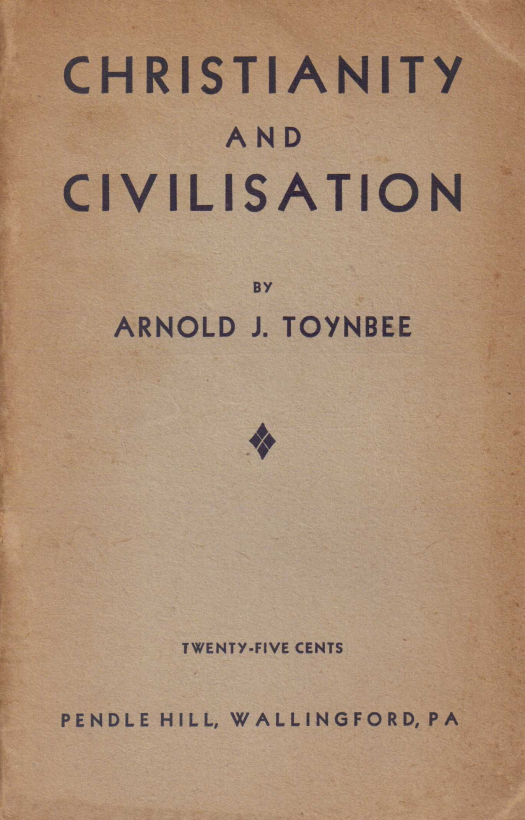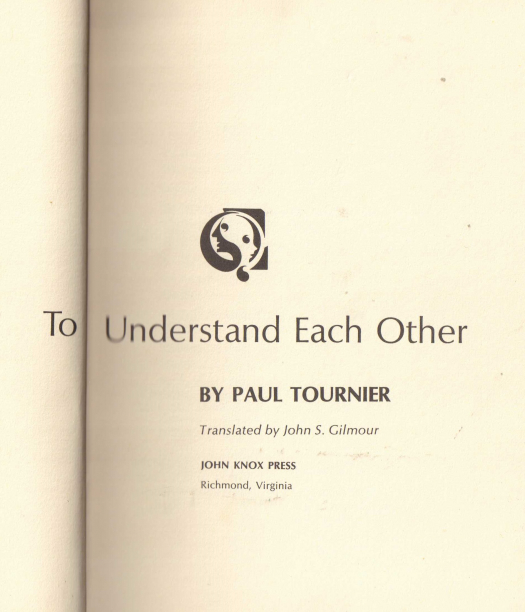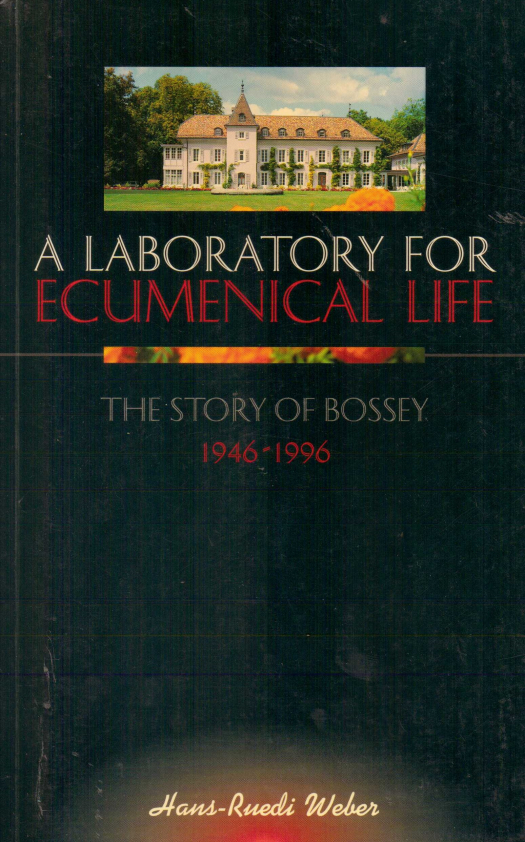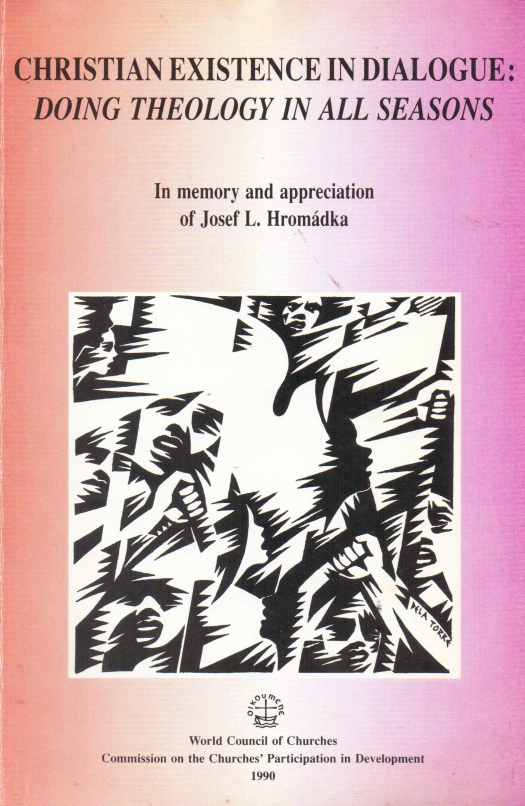Christianity and civilisation / Arnold J. Toynbee - Donación Ana Rita, Carlos, Rubén Pagura Alegría
U15267
To understand each other / Paul Tournier - Donación Ana Rita, Carlos, Rubén Pagura Alegría
U15266
A laboratory for ecumenical life : the story of bossey 1946-1996 / Hans-Ruedi Weber - Donación Ana Rita, Carlos, Rubén Pagura Alegría
In october 1946 the World Council of Churches inaugurated its Ecumenical Institute at the Chateau de Bossey, outside geneva. ni the fifty years since then, thousands of women and men from all ovber the world and every christian confession and culture have como to Bossey form seminars, conferences and, since 1952, for its graduate school of ecumenical studies. Many have testified to life-changing experiences in this"ecumenical laboratory". All would have different stories to tell, but few are as well-qualified as Hans-Ruedi Weber to offer an overview of the rich and fascinating story of Bossey´s first fifty years. His first encounter with Bossey came at the touth leaders conferences in 1948; that association continued as a student in the graduate school six years later, and subsequently through his years on the WCC staff as laity director, associate director of Bossey for ten years then secretary for biblical studies. Since retiring in 1988 he has continued to serve as a resource person for the institute. The story he tells of Bossey´s first half-century is, in many ways, a mirror of the far-reaching changes in the world, the church and the ecumenical movement of our time.
U15265
Christian existence in dialogue : doing theology in all seasons. In memory and appreciation of Josef L. Hromádka / Oh Jae Shik - Donación Ana Rita, Carlos, Rubén Pagura Alegría
In this century Josef L. Hromádka is certainly one of the best known protestant theologians of Czechoslovakia. especiallyafter the second world war he rose to prominence by his recommendation to christians in central and eastern Europe to take seriously the callenge of communism and to try to witness to Jesus Christ in a radically change situation. In the dangerous period of the cold War, Hromadka became a portagonist of dialogue and mutual understanding.
U15264





